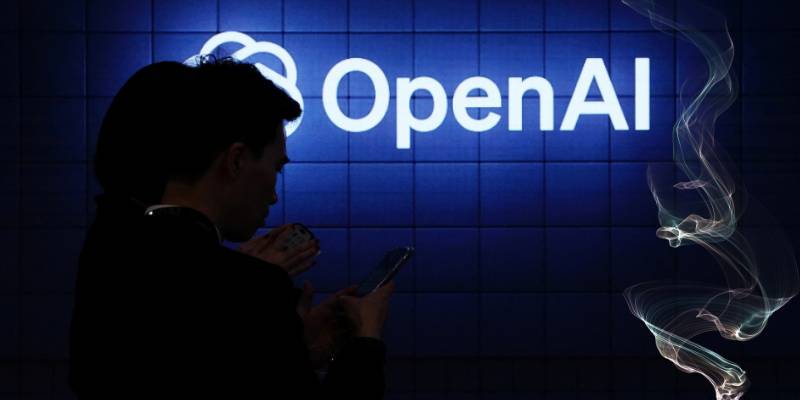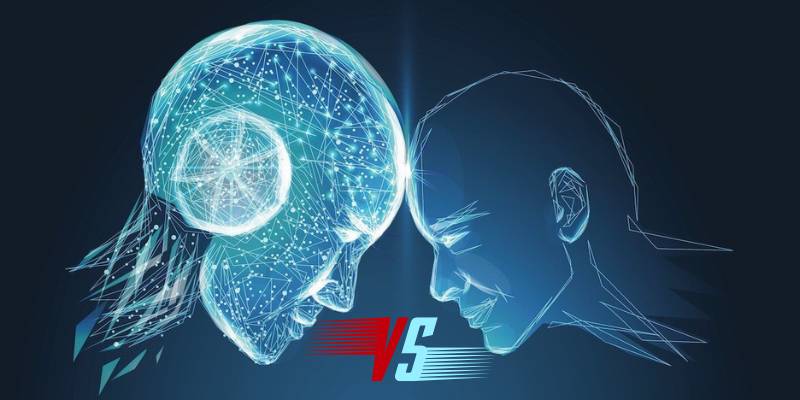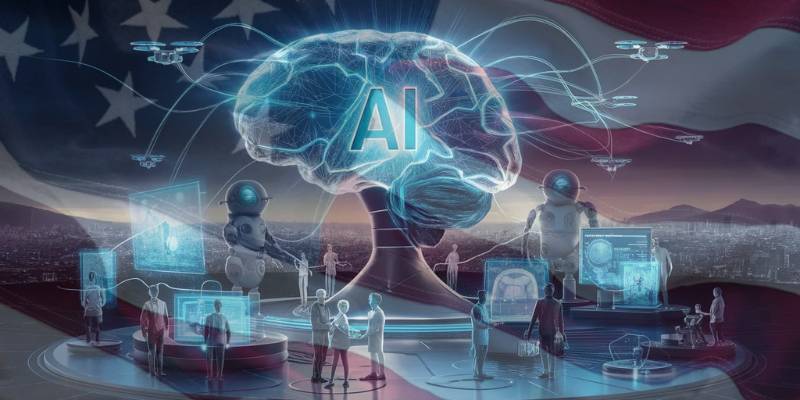It’s not every day that a startup like Anthropic finds itself sparring with the White House, but here we are — a full-blown tug-of-war over the soul of artificial intelligence.
One side insists the government’s choking innovation with fearmongering; the other argues that Silicon Valley’s moral compass is spinning wildly out of control.
Somewhere between them sits the future of AI policy — and probably a few sleepless lawyers.
The drama began when White House adviser David Sacks accused Anthropic of orchestrating what he called a “regulatory capture” effort, essentially trying to write the rulebook in its own favor.
That stung, especially given that Sacks himself cut his teeth in the same venture-capital echo chambers now funding Anthropic. The irony’s so thick you could slice it with a prompt.
Anthropic, for its part, isn’t pretending to be the saint in this morality play. Its co-founder Jack Clark has been telling anyone who’ll listen that pretending AI is harmless is like ignoring a ticking clock.
He recently argued that it’s time to “acknowledge appropriate fear” before deciding how to live with intelligent systems.
That message has been echoed in discussions across tech policy circles and even lit up debates on social media where one commenter noted, “fear sells as much as innovation does.”
Zoom out a little, and the skirmish looks like part of a much bigger regulatory chessboard.
The White House has been quietly pushing a ten-year freeze on state-level AI laws, arguing that a patchwork of local rules would “sow chaos.”
Meanwhile, Anthropic went rogue by supporting California’s new disclosure law that forces chatbots to reveal they’re not human — a rule introduced under Senate Bill 243 that Governor Gavin Newsom signed last week.
That endorsement didn’t just ruffle feathers in D.C.; it split Big Tech, with companies like OpenAI and Google DeepMind opting to play Switzerland while lobbying on both sides.
And just when you think this can’t get more global, the IMF threw cold water on everyone’s optimism.
Their latest report claims most countries lack even the basic ethical frameworks to manage AI’s explosive rise — a polite way of saying “you folks aren’t ready for what you’ve built.”
Over in Europe, the EU AI Act is slowly becoming the blueprint for tech accountability, while China has been tightening its algorithmic disclosure rules like a digital straightjacket.
So where does that leave us? Somewhere between a startup’s utopian pitch and a bureaucrat’s panic attack.
Anthropic says it’s building AI that aligns with human values, yet it’s chasing ever-larger models with billion-dollar backers.
Washington says it wants “safe innovation,” but its playbook looks suspiciously written by the same crowd it claims to regulate.
And the rest of us? We’re just trying to figure out who’s actually steering this thing before it drives itself.
Maybe, just maybe, both sides are right — and both are scared stiff. The machines might not end the world, but this messy, ego-laden brawl could easily redefine who runs it.


